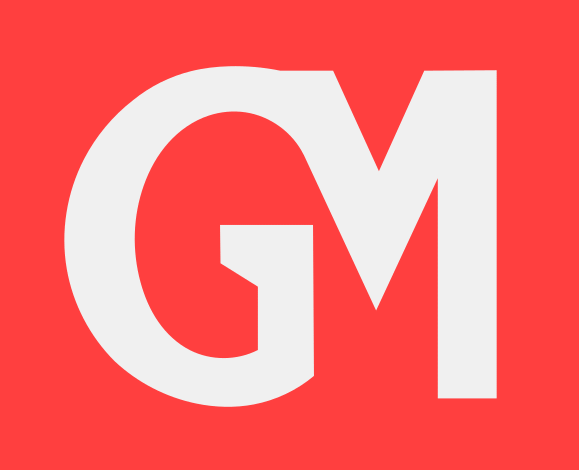PART #1: ISO 9001 Is in Place. Why Bother with AQAP 2110?
Many manufacturing companies, especially foundries, proudly display their ISO 9001 certificates. The quality management system is established, customers are satisfied, and auditors return year after year to confirm compliance. At first glance, everything seems under control. Yet the moment a company decides to compete for defence contracts – particularly those linked to NATO – it quickly learns a tough lesson: ISO 9001 is only half the journey. To enter the defence market, a completely different level of assurance is required. That level is called AQAP 2110.
Why ISO 9001 Alone Is Not Enough
ISO 9001 is a universal standard. It was designed so that any organization – manufacturers, service providers, retailers – could build a quality management framework. Its ultimate goal is customer satisfaction and consistent processes. But the defence sector is different. Here, the cost of failure is not simply a returned batch of castings or a lost client. A defect can jeopardize equipment on which human lives depend. For that reason, defence customers are unwilling to rely solely on ISO 9001. They demand stricter controls and greater confidence. That is where AQAP 2110 comes in.
Key Differences – Where AQAP 2110 Goes Beyond ISO 9001
AQAP stands for Allied Quality Assurance Publications – a family of NATO standards dedicated to quality assurance. Among them, AQAP 2110 is one of the most widely applied. It focuses on production and requires companies to maintain complete control of quality across every stage – from design and development to final delivery.
Unlike ISO 9001, which leaves room for flexible interpretation, AQAP 2110 specifies concrete, mandatory practices. It requires quality plans tailored to each contract, formal configuration management, constant interaction with the customer’s representative (known as the GQAR), and rigorous traceability for every product. In other words, AQAP 2110 does not replace ISO but builds on it, adding a second layer of discipline designed for the unique demands of the defence sector.
Why Should a Foundry Care?
The first and most obvious reason is formal: without AQAP 2110 certification, a supplier simply cannot access NATO or Ministry of Defense tenders. Participation is off the table. Even the most flawless ISO system will not open that door.
But there is another dimension – trust. AQAP 2110 demonstrates to the customer that the supplier is ready to work under uncompromising conditions. It proves that the organization has systems capable of ensuring reliability, transparency, and traceability at every step. For defence clients, this is non-negotiable.
A Tale of Two Foundries
Consider two foundries. The first operates solely under ISO 9001. Its procedures are in place, audits are passed, and customer complaints are logged and addressed. But when a drawing is revised mid-project, the company is not required to manage those changes with the level of rigor demanded in defense work. A risk remains that the old version could still be used on the shop floor.
The second foundry, however, is certified to AQAP 2110. Here, a formal configuration management system ensures every modification is recorded, approved, and communicated to everyone involved. The chance of producing to an outdated specification is virtually eliminated. For a defence buyer, this difference is decisive.
What Companies Miss Without AQAP
- Closed doors to defense tenders.
- Eroded trust from major industry players.
- Limited growth, as many global partners prefer suppliers with NATO certification.
What Companies Gain with AQAP
- Market access to defense contracts otherwise out of reach.
- Prestige, as NATO certification is a recognized mark of excellence far beyond defense.
- Improved internal processes, including tighter change control, stronger traceability, and higher discipline across the board.
Beyond Compliance: AQAP as a Catalyst
It is tempting to view AQAP 2110 as “just another certificate.” In reality, it can act as a catalyst for transformation. Preparing for AQAP forces companies to rethink processes that may have been handled informally. It encourages stronger documentation, better supplier management, and a culture where quality is not just a department but a shared responsibility.
Many firms that adopted AQAP report unexpected benefits. Defect rates fall, audits become smoother, and even civilian clients notice the improvements. The discipline demanded by AQAP—though initially seen as a burden—often leads to efficiency gains and enhanced competitiveness.
Final Thoughts
AQAP 2110 is not a bureaucratic hurdle but an enabler. For foundries and other manufacturers, it is both a ticket to the defense market and a tool to elevate operational maturity. ISO 9001 remains the essential foundation, but without AQAP the “second story” of the quality house cannot be built.
In defense, reliability is everything. AQAP 2110 proves to customers that a supplier can deliver not only good products but products that meet the most stringent standards, under the strictest oversight, and with full accountability. For companies willing to take that step, the reward is access to a new market, stronger trust from clients, and a reputation for excellence that extends well beyond the defense sector.
Read the continuation – PART #2: AQAP 2110 vs. ISO 9001. Key Differences and What They Mean for Foundries






